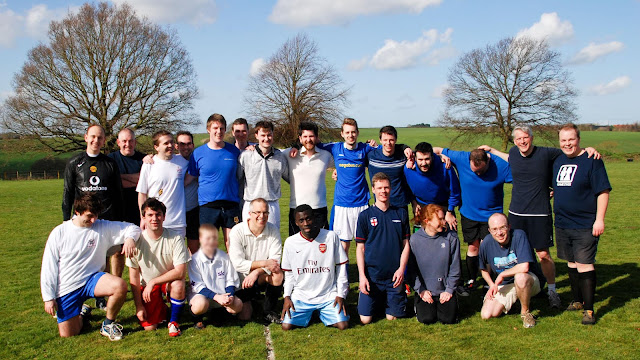 The Parable of the Prodigal Son, or more properly, in view of its real hero, the Parable of the Forgiving Father, has a good claim to be the most popular story that Jesus told. It retains a certain freshness and power despite our familiarity with it. At its heart is the father’s forgiveness and the impact it has on both sons. It is an expression of divine forgiveness. The prodigal son is brought back to life, given a fresh start, re-instated, restored to his original standing and this is warmly celebrated.
The Parable of the Prodigal Son, or more properly, in view of its real hero, the Parable of the Forgiving Father, has a good claim to be the most popular story that Jesus told. It retains a certain freshness and power despite our familiarity with it. At its heart is the father’s forgiveness and the impact it has on both sons. It is an expression of divine forgiveness. The prodigal son is brought back to life, given a fresh start, re-instated, restored to his original standing and this is warmly celebrated.It is a dramatic and very big change of situation, a transformation that amounts to an act of creation or second creation. The Old Testament restricts the word ‘bara’ which means ‘create’ to God’s activity, such as in Gen 1:1. Other words are used when humans make things. As such it flags up what is proper to God and what God alone can do. It is also true that only God can achieve the work of recreation in us. As St Paul put it, “God was in Christ reconciling the world to himself, not holding anyone’s faults against them’ (2 Cor 5:19). This work of reconciliation begins with forgiveness and is founded on God’s great mercy but it also requires us to grow and be changed and so become more and more like God, whilst always drawing on the merciful grace of God. God loves us so much that he accepts us as we are, but too much to leave us in that state.
 Both St Thomas Aquinas and St Catherine of Siena, among other saints, saw this re-creation of us in God’s image as more remarkable than the first making of us in God’s image. Though God does ‘more’, God also asks more of us. God made us in the divine image WITHOUT our co-operation but God will only remake us in that image WITH our co-operation. The younger son is forgiven after he realises his errors and begins his journey home. The elder son risks falling from grace because he forgets the importance of mercy.
Both St Thomas Aquinas and St Catherine of Siena, among other saints, saw this re-creation of us in God’s image as more remarkable than the first making of us in God’s image. Though God does ‘more’, God also asks more of us. God made us in the divine image WITHOUT our co-operation but God will only remake us in that image WITH our co-operation. The younger son is forgiven after he realises his errors and begins his journey home. The elder son risks falling from grace because he forgets the importance of mercy.Aware of just how much we need God’s mercy, even if we experience it in the fact that God generally keeps us from serious personal sin, we are to be channels of God’s mercy and forgiveness to others. Forgiveness is a divine gift but one that God wants us to extend to others. Doing so will often transform us as well, allowing hurts and grudges to be left behind. In this way we aid our own re-creation. If we see forgiveness as God sees it, as Jesus teaches about it, then we will greatly rejoice when people are forgiven and recreated in God, as much as when a new baby is born! And we will experience joy in our own relationship with God, as we make divine forgiveness and mercy the foundation of our own daily lives.





















